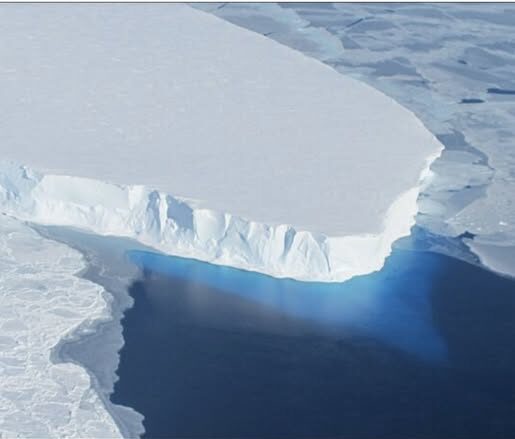This sudden outflow acted as a temporary “turbo charge” to the glacier’s retreat, occurring during a season when the Southern Hemisphere was already experiencing unusually high temperatures.
Dr. Alastair Graham, a marine geologist at the University of South Florida and ITGC member, told News.com.au: “If Thwaites Glacier collapses, it could cause a sea-level rise of around 65cm (25 inches). This year’s conditions are very unusual, and the system may not recover quickly. The dynamics are changing.”
Although experts caution that a complete collapse of the glacier may still be decades or centuries away, the new findings suggest the timeline could be shorter than once believed. If that tipping point is reached, coastlines, infrastructure, and communities worldwide would face long-term consequences.
For now, scientists continue to monitor Thwaites closely, stressing the importance of global cooperation in addressing climate change. Their work highlights the urgent need for action — not just to better understand glaciers like Thwaites, but to prepare cities and communities for the challenges ahead.
What do you think — can humanity act in time to slow the glacier’s retreat, or are we already too late? Share your thoughts below!

